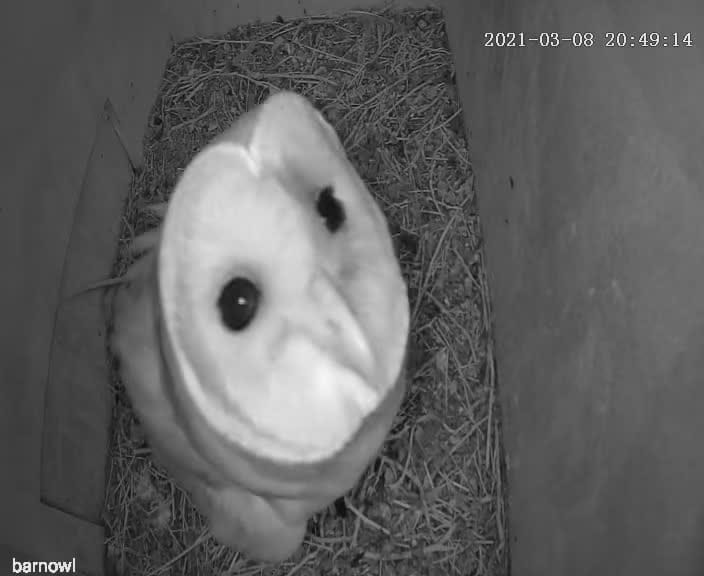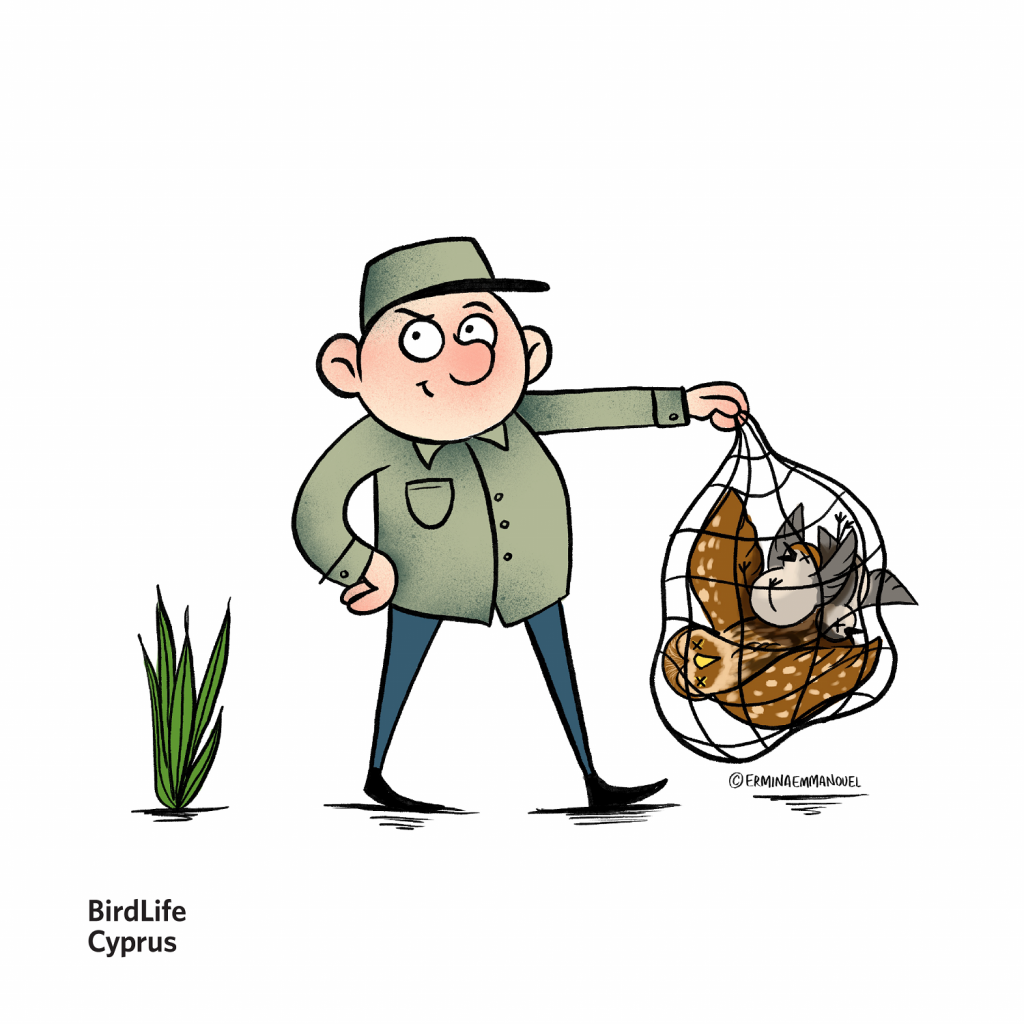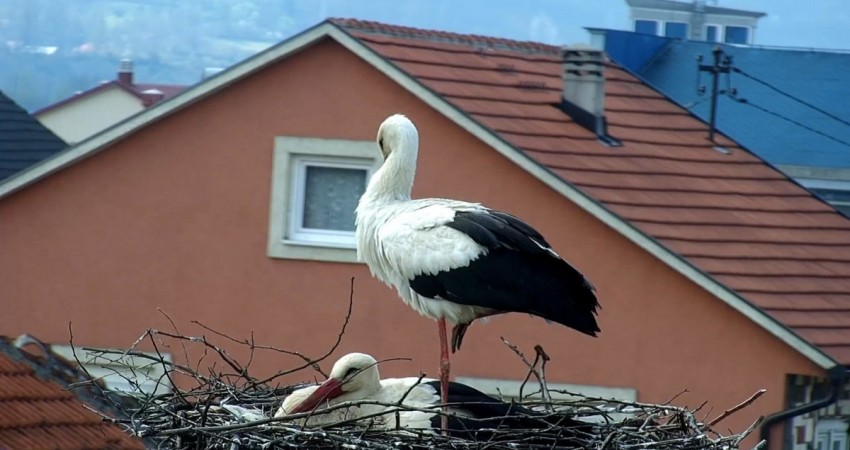
Nest box series: Episode 1 – “Barn Owl vs Kestrel”
Our network of Barn Owl nest boxes has been steadily growing these

Our network of Barn Owl nest boxes has been steadily growing these

Some things signal the arrival of spring like nothing else. The blossoming

Η πικρή αλήθκεια ένι ότι έσιει εκατοντάδες χιλιάδες λόγους γιατί εν μπορούμεν

An article focused on the need to be sensitive and considerate as a photographer when it comes to your impact on nature. Some hints and tips from our member, volunteer and wildlife photographer Ben Porter.

The Game and Fauna Service (GFS) and BirdLife Cyprus condemn the recent

Monitoring surveys help us keep track of our birds and the health

The White Stork Ciconia ciconia is one of the most well-known migratory bird species

These past few weeks we are experiencing an unexpected and different daily routine, while staying

“Picture the scene: high limestone cliffs on the right, reaching up into

Goodbye flip-flops, hello pumpkin spice lattes! Wait; what? This doesn’t feel quite

For 116 years, not a single White Stork nested in Montenegro. Instead,

Although endemic, Cyprus Wheatears are migratory and every autumn they travel to

Can you imagine a world without birds? The benefits birds bring us

Make your own nestbox for garden birds such as great tits and house sparrows.

Now is that great time in the year when Cyprus is still

A few years after his debut in 2014, where he explained the problem of

Throughout June and July local birder and member Tony Reeves visited the

With summer here and temperatures on the rise, who isn’t looking for

Bird ringing is a useful research tool providing information on the survival, productivity and movements of birds, helping us to monitor bird populations and to understand why they are changing.

Vultures are magnificent creatures but too often misunderstood. Their carrion diet is

Migration, the en masse movement of animals from one part of the